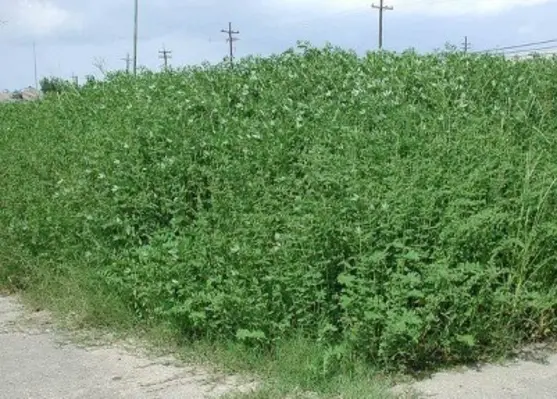Increased research in weed control is urgently required now to address the severe agricultural problems of today and tomorrow
This was a fundamental consensus among all participants of a two-day symposium in Frankfurt and Monheim organised by Bayer CropScience.
Sixteen renowned external participants, among them the Nobel Prize winners in chemistry Professor Robert Huber and Professor Hartmut Michel, discussed possible solutions and ways forward with some 40 experts from Bayer CropScience.
“For over 25 years no herbicide for broad acre crops with a new mode of action and commercial relevance has been discovered and brought to market by the global crop science industry,” said Dr Hermann Stübler, head of research Frankfurt and Weed Control Research at Bayer CropScience.
“There is tremendous selection pressure for herbicide resistance in weeds in all major row crops, and options are shrinking. Weed resistance is a growing problem that is changing agronomic practices and threatening the long-term viability of economical weed control,” added Professor Stephen Powles, director at the University of Western Australia.
The objective of the symposium was to discuss options for an urgent turnaround in weed-control research. For this purpose, the participants worked in groups on different topics such as how to increase understanding of plants as whole systems; focusing on new ways to discover new herbicide modes of action and improve chemical lead discovery; and defining collaboration opportunities with leading institutes.




